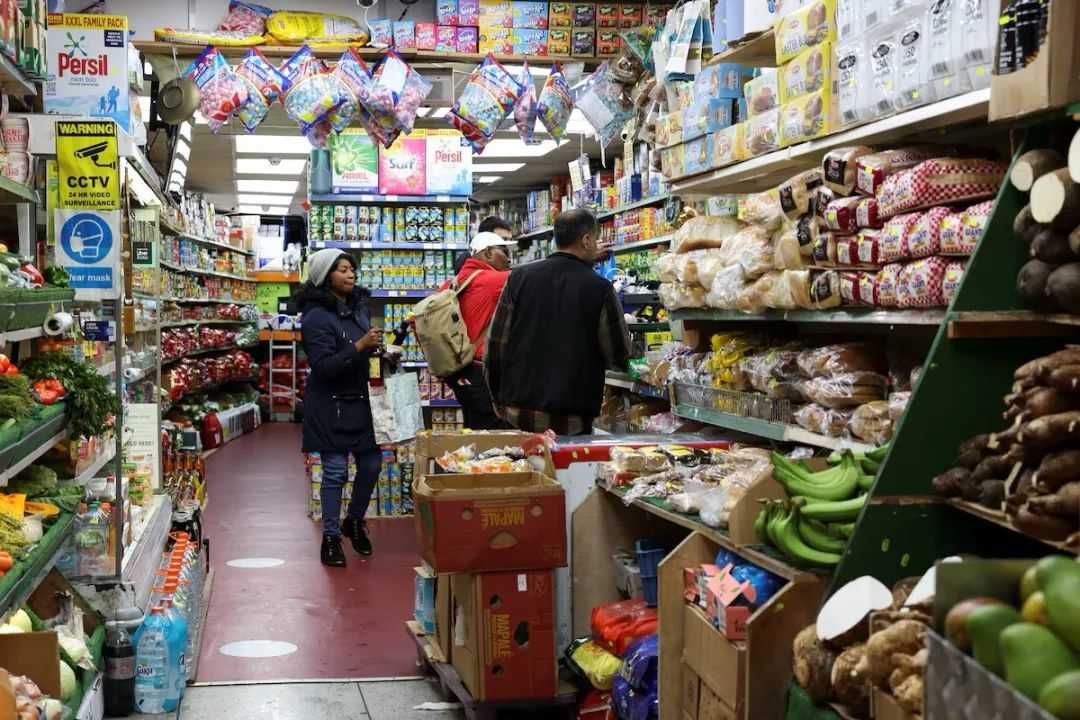
The UK retail industry is facing a tough situation as inflationary pressures intensify and statistical reforms are on the horizon. On April 29th, data showed that the inflation rate of grocery prices in the UK climbed to 3.8% (Kantar data), and the food inflation rate reached 2.6% (BRC data), hitting a one - year high. The retail sector is burdened by three major pressures. Firstly, the packaging tax that comes into effect in October will increase the costs of enterprises. Secondly, the Employment Rights Act may lead to more than half of the enterprises scaling back their recruitment.
Adding to the complexity, the Office for National Statistics has announced that from February 2026, it will use supermarket scanner data to calculate inflation. This new method is expected to lower the annual inflation rate by an average of 0.28 percentage points, covering 50% of the grocery market. Moreover, the data granularity will be greatly improved, with 1 billion commodity price points collected monthly. Although the inflation rate dropped to 2.6% in March, the Bank of England has warned that driven by rising energy bills and salaries, it may rebound to 3.7% by the end of the year.
These developments pose significant challenges to the UK retail industry. Retailers will have to find ways to cope with the rising costs and the changing market environment. As the situation unfolds, the future of the UK retail sector remains uncertain, and all eyes are on how retailers will navigate through these difficulties.





